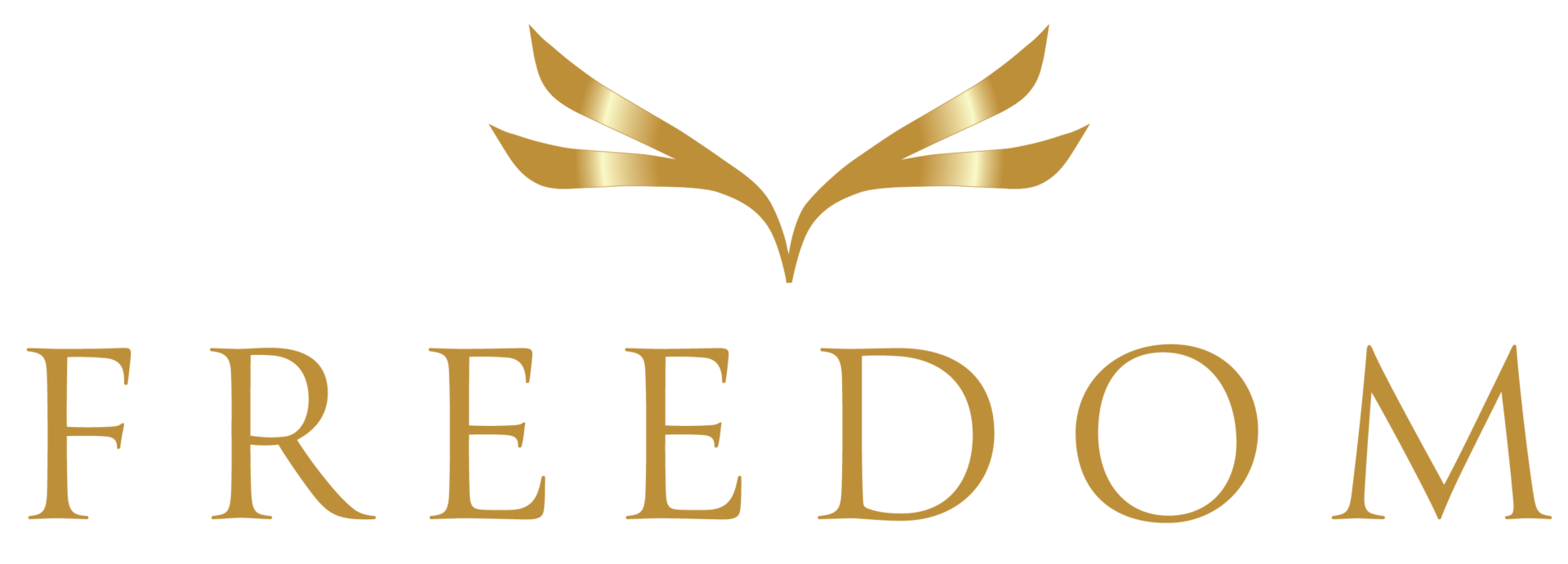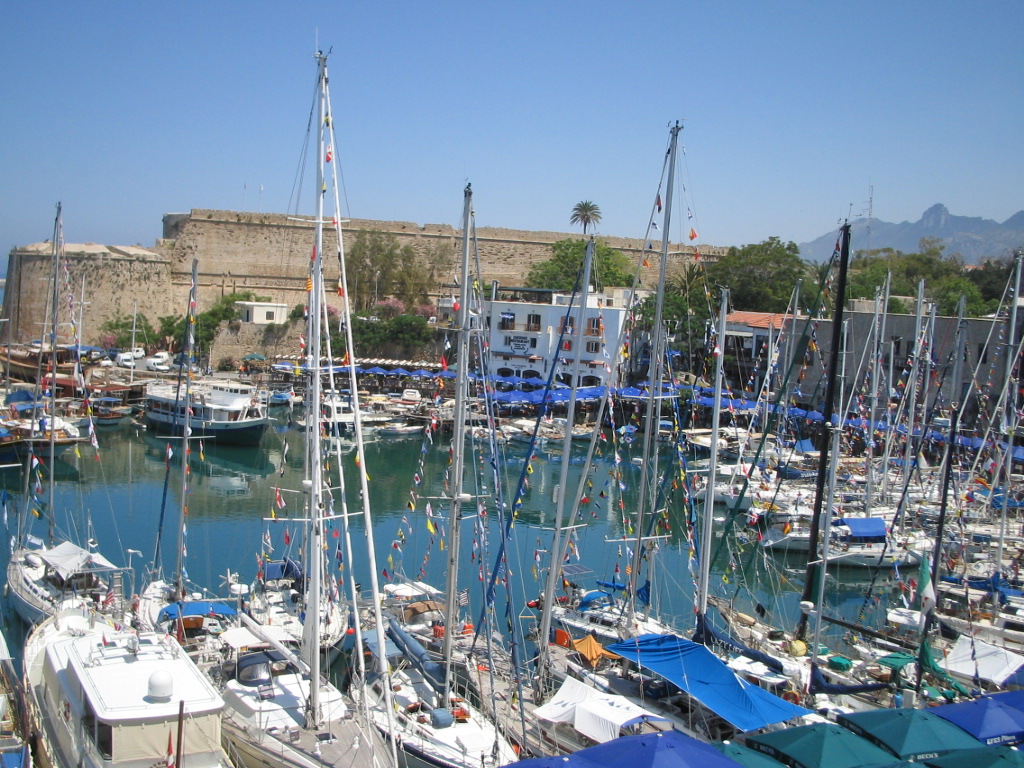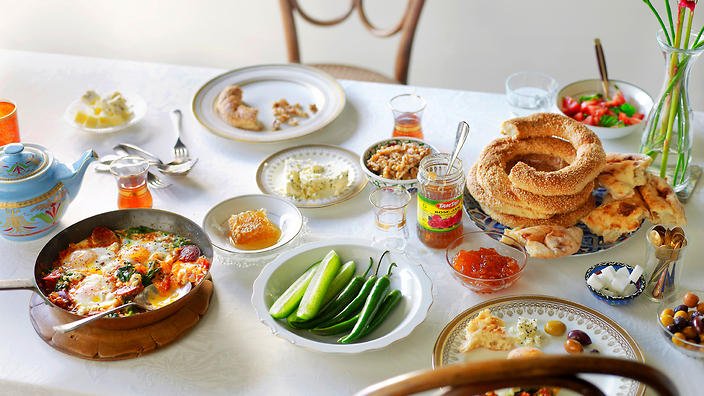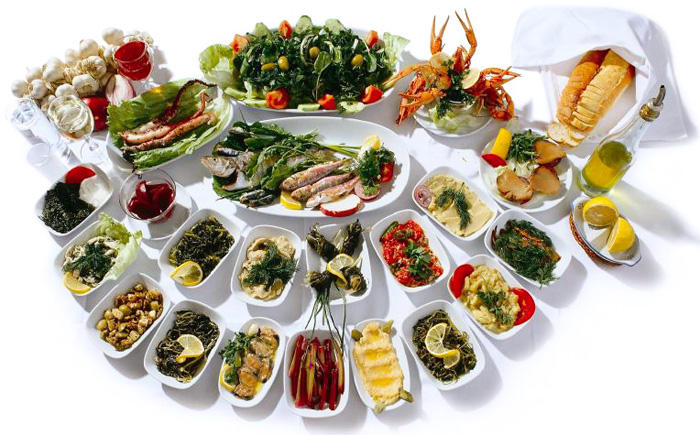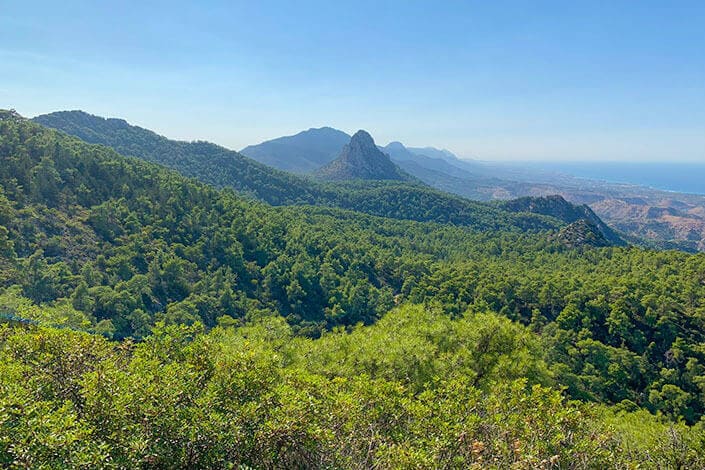
Laughter in the North Cyprus air
The chortling sound made me put down my morning razor and dash to the little balcony on the front of the house. Sure enough, there they were, my favourite birds, the bee eaters, filling the air with their giggles.
You always hear them before you see them. The collective noise is as if a bunch of trainee referees at a football academy tried to outdo each other by blowing their whistles.
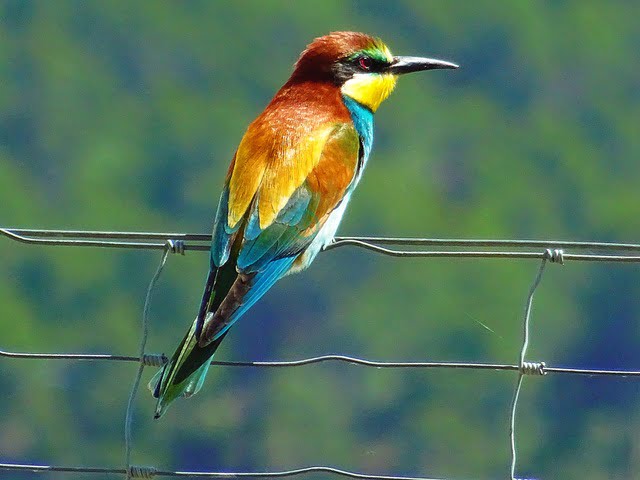
They fly very high, the sun turning their translucent pointed wings into flashes of gold. If you are lucky, they will settle on a line nearby, ten or twenty in a row, allowing you to appreciate the full magnificence of their orange, gold and green plumage, so vibrant you wonder whether they should be here or in the Amazon rain forest.
And yes, they do eat bees, plus wasps, hornets, dragonflies and other flying insects, catching them in flight in a fast snatch off the perch. Happily, their overall impact on the honey bee population is said to be small.
The North Cyprus air is still warm in September
The North Cyprus air is still warm in September but the birds’ aerial anthem spells an end to the very hot days of summer, marking the Autumn equinox as surely as the sun, as they gather for their migration to tropical Africa.
The bee eaters’ relative, the European roller bird is also heading south. This dazzling blue specimen can be found mainly in the Karpaz peninsula, To see it plunging from the sky, turning as it goes like an airshow display pilot, is a sight not easily forgotten.
Then there is the jolly little Hoopoe
Then there is the jolly little hoopoe, a crested jester with a zebra back and tail who may land in your garden and urge you to get “Oop, oop, oop!”
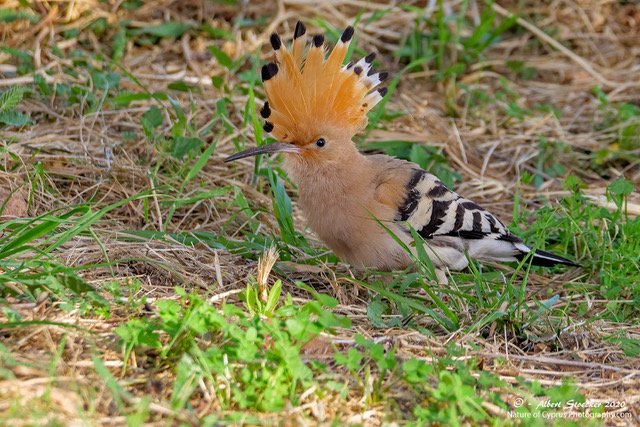
Birds are in abundance in North Cyprus, fat ones at that. Podgy partridges hide in bushes on the hillsides, giving themselves away with their “Guguru-goos.” Round, ring-necked doves coo their love song within the feathery branches of our pepper trees.
Even the local sparrows look much bigger, healthier and more distinct in their markings than the scruffy little chaps I remember from a long time ago in London. Like us, our feathered friends can only benefit from the North Cyprus food and climate!
Also leaving our shores are flapping flocks of storks and flamingoes hugging the coastline. I am sad to see them go, but I know, very soon, will come the renewed joy of the swifts, martins and swallows returning for their North Cyprus summer.
